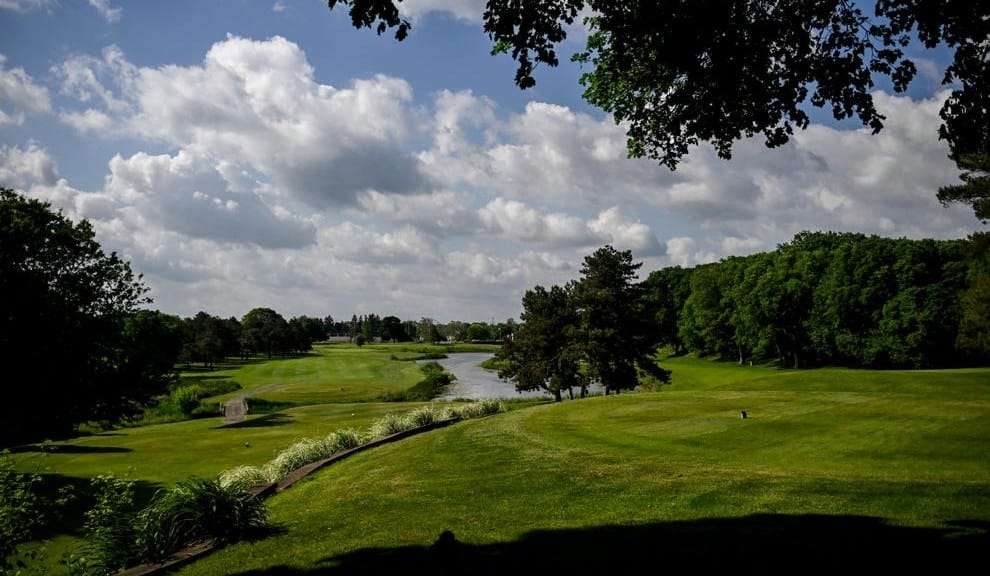Lansing residents and golfers were taken aback when City Councilmember Peter Spadafore suggested selling Groesbeck Golf Course, the city’s only remaining public golf course. The course, nearing its 100th anniversary in 2026, holds sentimental value for many who grew up golfing there. Despite the initial proposal, the council ultimately decided against selling the historic course, sparking discussions about its future.
Groesbeck Golf Course, located in the heart of Lansing, is known for its affordability and lush surroundings. Golf course designer Paul Albanese praised its Scottish traditions and natural beauty, making it a popular choice for golfers of all ages. With rates lower than other options in the region, Groesbeck attracts a diverse range of players, from young beginners to retirees looking to enjoy a round of golf.
Following the economic challenges faced by Lansing post-2008 recession, most of the city’s golf courses were sold off to alleviate budget pressures. Groesbeck, under the management of Lansing Entertainment and Public Facilities Authority (LEPFA) since 2018, has seen a significant increase in rounds played. However, the course has struggled to turn a profit in recent years, despite receiving annual subsidies from the city.
In order to address the financial challenges faced by Groesbeck Golf Course, LEPFA officials have highlighted the need for major improvements, including updating the irrigation system and expanding the golf cart barn. These upgrades come with significant costs, posing additional hurdles for the course to overcome. Despite the financial hurdles, council members are committed to exploring alternative management strategies and improvements to ensure the course’s sustainability.
While the future of Groesbeck remains uncertain, residents like Kevin Rule and Rick Banker, who have fond memories of playing golf at Lansing’s municipal courses, hope to see the course continue to thrive. Redevelopment of former golf course properties, such as the Red Cedar course, has showcased both successes and challenges in repurposing these spaces. Lansing’s unique golfing history and the impact it has had on the community highlight the importance of sustainable management and potential improvements for Groesbeck’s future.
As discussions surrounding the fate of Groesbeck Golf Course continue, stakeholders emphasize the significance of preserving this historic venue for future generations. With potential revenue streams like a driving range or FlingGolf variation, the course could attract new players and generate additional income. Maintaining affordable access to golf while exploring innovative approaches to sustainability will be crucial for ensuring the longevity of Groesbeck and honoring its legacy in the Lansing community.
